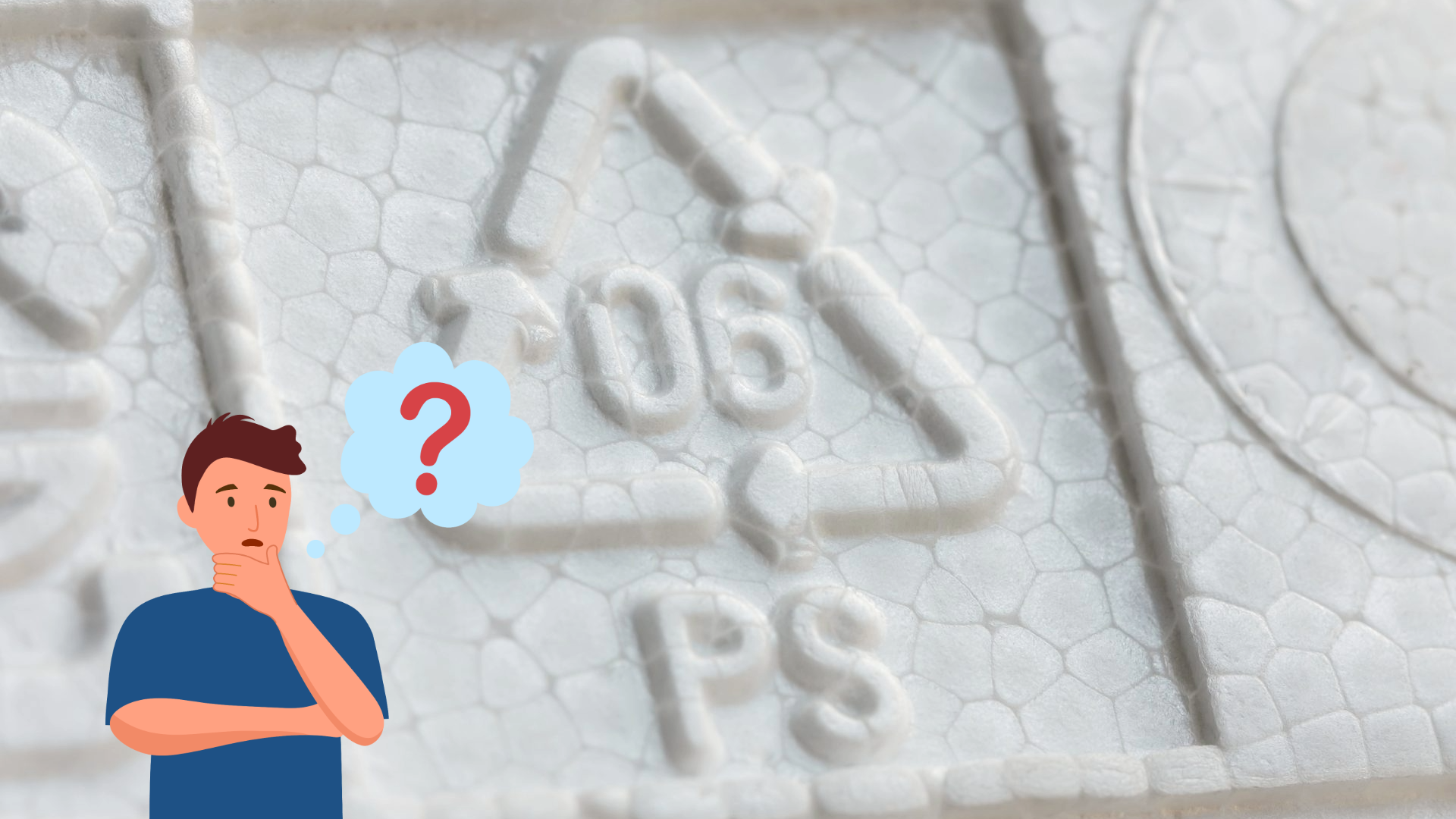Recycling Knowledge Gets Put to the Test
May 21, 2024 |

Glen Allen High School student Lydia Crouch had been curious about recycling for a while. When it came time to select a topic for her AP Research capstone project, she decided on recycling education and how one’s level of schooling might affect their knowledge of what can be recycled in a residential program.
CVWMA was proud to partner with Crouch as she developed the questionnaire for the study. Following her high school graduation, we asked her some questions about the experience. Her final paper is available to read online.
Q: How did you decide on recycling as the subject for your project?
A: The idea of recycling was first planted in my mind when I was at Youth Conservation Camp at Virginia Tech, and we did a station where we were sorting items into recyclable vs. not recyclable. I learned that you can only recycle type 1 and 2 plastics, and Styrofoam can never be recycled [in residential programs]. I wondered how I never knew this, so I went home and did more research on recycling, only to find out that the recycling guidelines are different in our area than in Blacksburg, and all seven plastic types can be recycled (although Styrofoam is still not able to be recycled). This created a curiosity of mine about how much people actually know about recycling.
Additionally, our high school stopped recycling for several years, so while we were trying to start a recycling program again, recycling was on my mind a lot. It’s so interesting to me how recycling has been a thing for so long, and yet we don’t know everything about it, and it is never taught in schools.
Q: Did you learn anything new about recycling while conducting your study?
A: Through this process, I learned so much about recycling. It encouraged me to research and explore how the recycling process works, the consequences of recycling contamination, and how to actually recycle in our area. I learned a lot about what can contaminate the glass recycling pile and things that I didn’t realize were recyclable, like pill bottles.
Q: What surprised you the most when you analyzed results of the questionnaire and why?
A: What surprised me most when analyzing the results of my questionnaire was that 28% of respondents thought that if there was too much contamination at the end of the recycling process, it would go through the facility again. This misunderstanding could contribute to why recycling contamination is so bad.
Q: What are the top 3 things you wish people knew about recycling?
A: The biggest thing I think people should know about recycling is that it isn’t the most important way to help the environment. Oftentimes, we think of recycling as a cure, but there are some drawbacks to recycling, like the energy used for this process. While you should still recycle, it should be a last resort, not a first option. Your first steps should be reducing the amount you consume and reusing anything you can.
Another thing I wish people knew about recycling is that it is okay to not know the answer. There are so many different items that you encounter in your everyday life, and knowing whether or not to recycle each one can be difficult, but there are lots of ways that you can get help. The best resource you have is CVWMA’s website, where they have a plethora of information. You can also learn from the people around you and the labeling on the products, but make sure you actually know what the labels mean.
The last thing I wish people knew about recycling is that recycling the wrong things can have very serious consequences. Recycling something like plastic bags could damage machinery and recycling batteries into your residential recycling bin could cause a fire. Too much recycling contamination can also send bales of recycling to landfills. These reasons are why it is so important to know how to correctly recycle.
Q: What are the best ways for orgs like CVWMA to reach young people like you?
A: I think the best way to reach young people is to first connect with them in person and then maintain that connection through social media. It can be overwhelming on social media with an influx of people and information, so starting a connection can be difficult, but if you already have a connection with them and they know your face and your goal, it can be much easier to engage with young people. An easy way to create an in-person connection would be through contacting a school club or class to interact that way.
Q: What are your plans for the future?
A: I will be attending the College of William & Mary in the fall and plan to major in Environmental Science. I would love to pursue research in my future because of my love for this project.
Tags: glen allen high school, lydia crouch, recycling, recycling knowledgeCategory: Ashland, Charles City, Chesterfield, Colonial Heights, Featured, Goochland, Hanover, Henrico, Hopewell, New Kent, News, Petersburg, Powhatan, Prince George, Richmond
